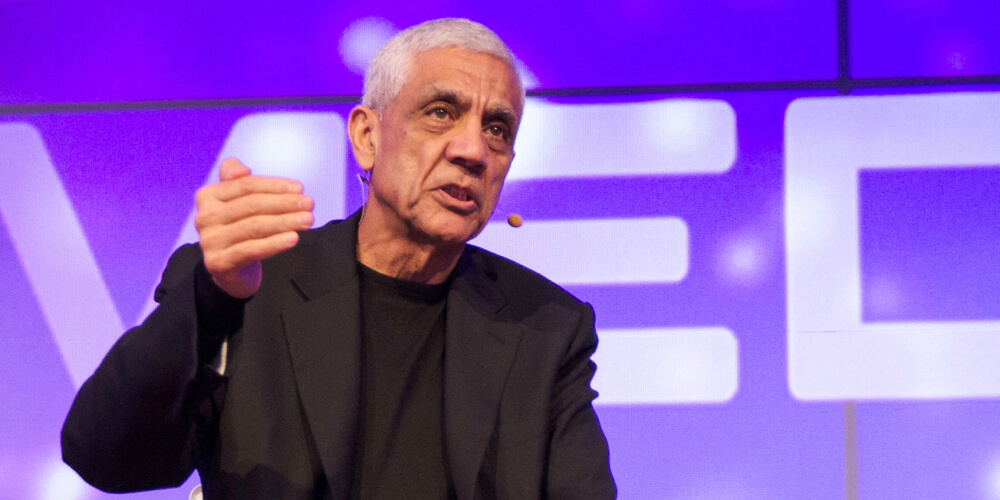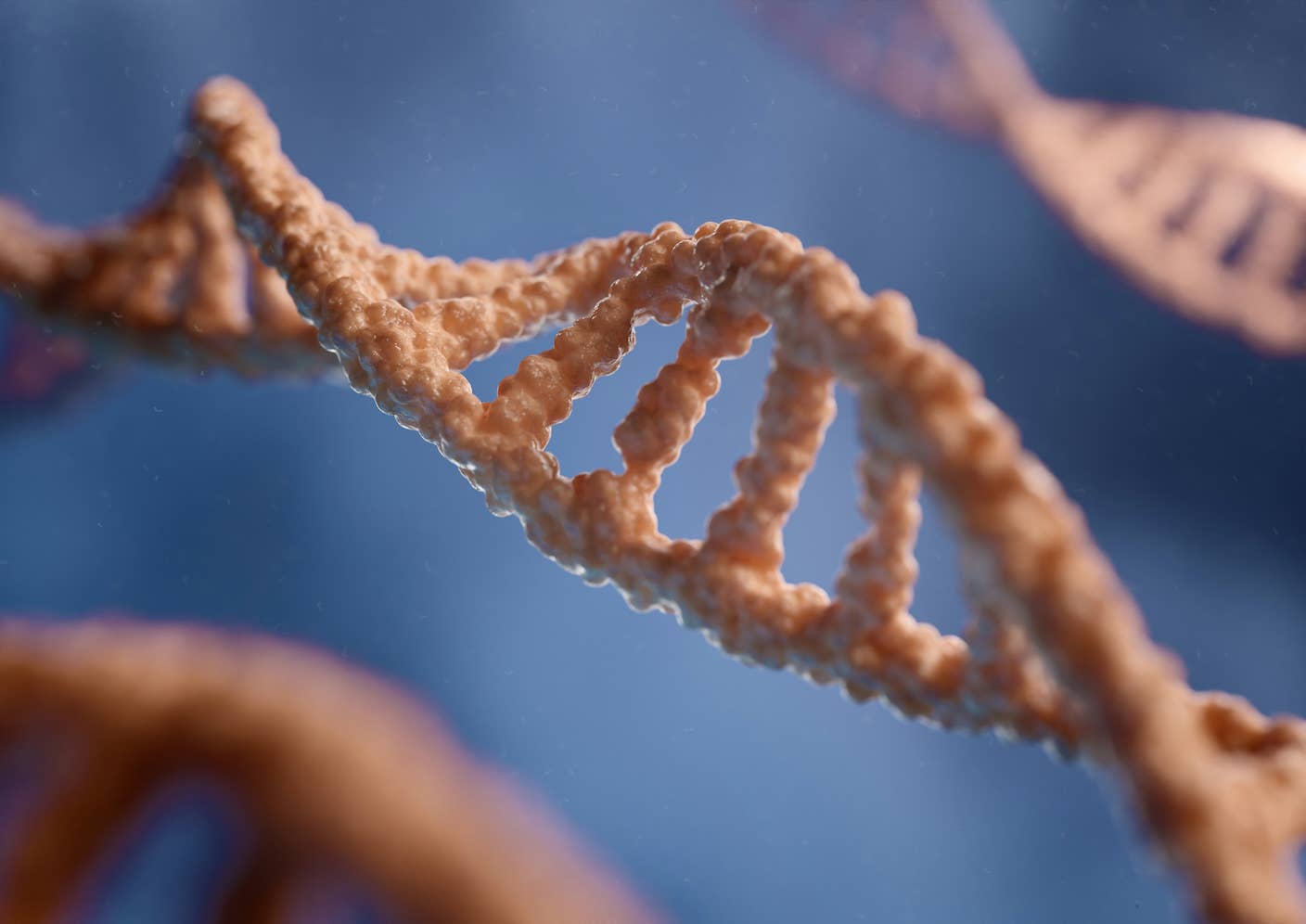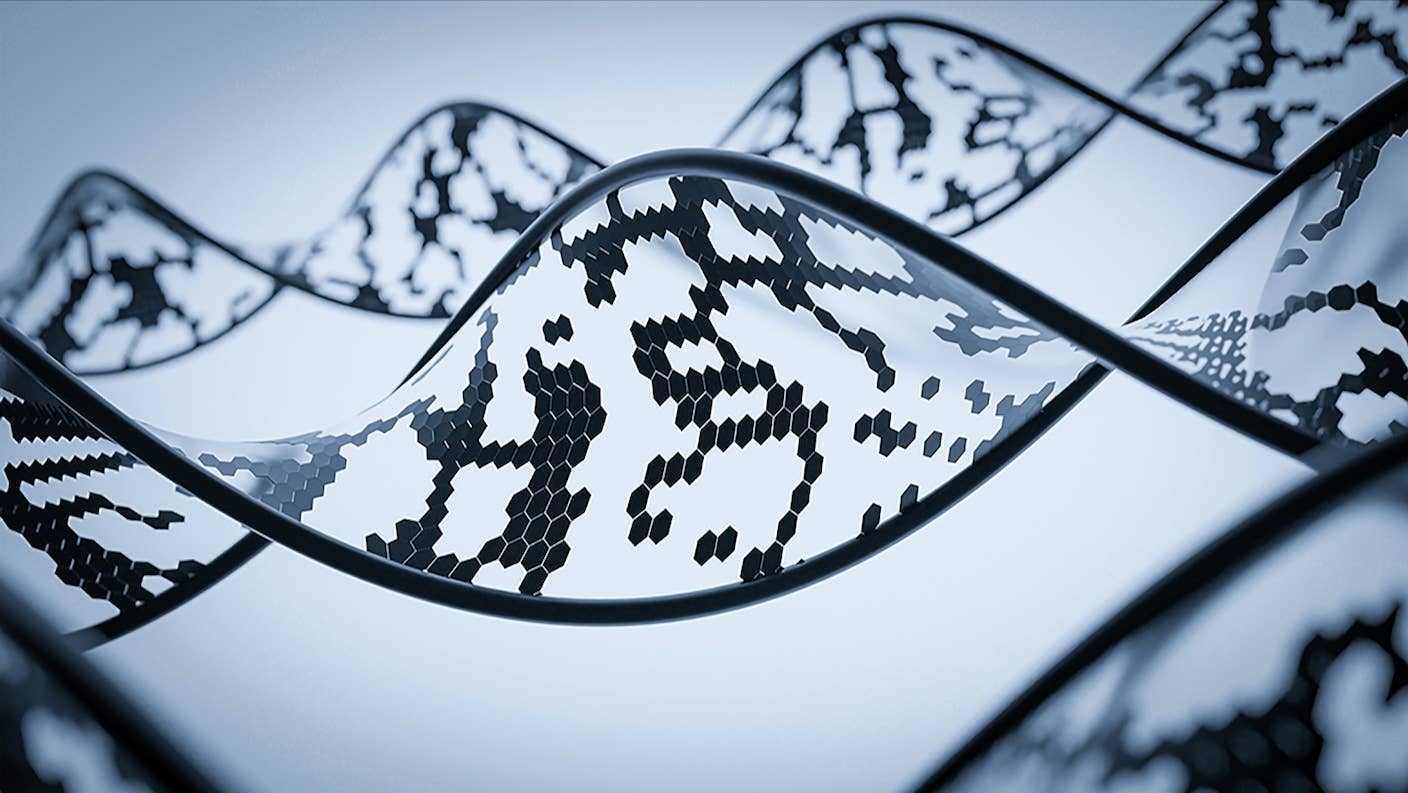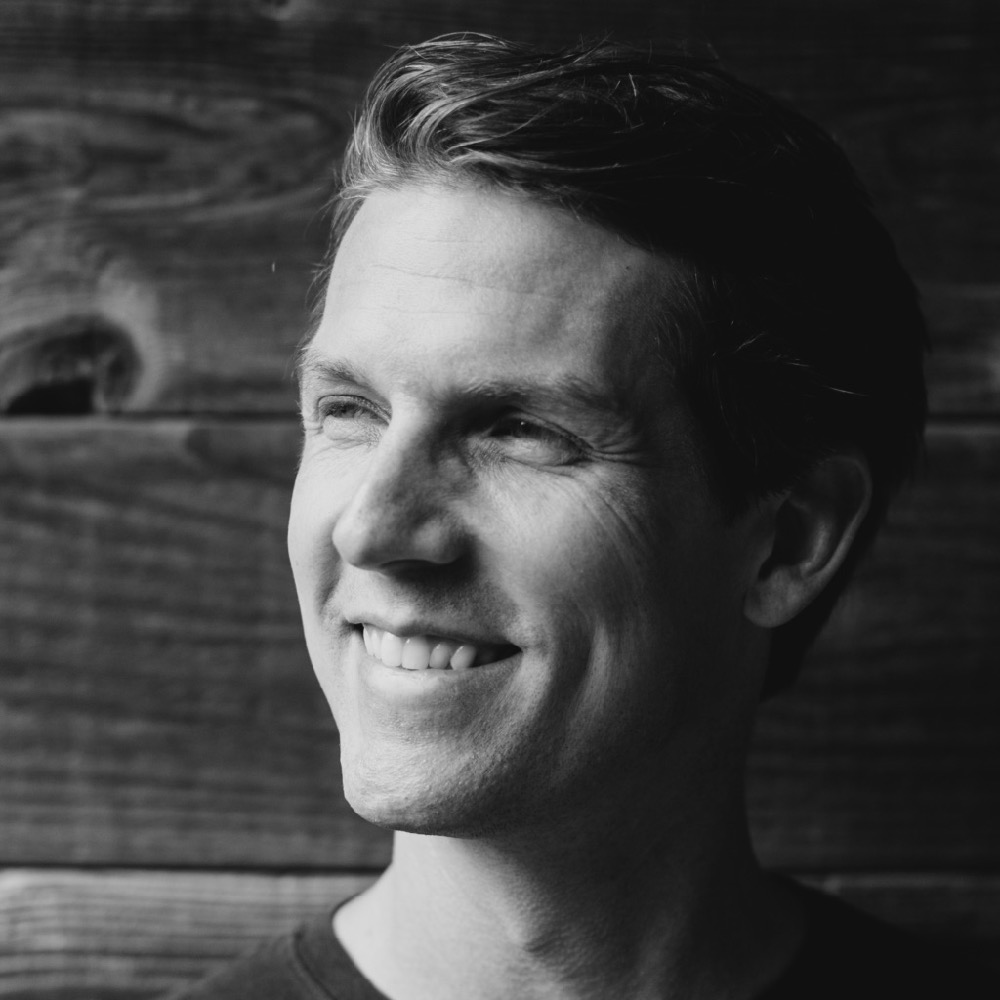We’ll Soon Trust AI More Than Doctors to Diagnose Disease

Share
It probably goes without saying, but medicine has improved a lot in modern times. No one would willingly go back to the days of sketchy anesthetics and experimental surgery.
We know a lot more about what ails the body and how to treat disease.
But could we do better? Sure. Some conditions yet confound doctors. Patients still suffer. As much as the situation has improved—some things haven’t changed a bit.
“If you go into your primary care physician, he’s probably using a stethoscope. He’s probably measuring your blood pressure with a cuff…Things that existed 100 years ago are still the primary means of diagnosis in the first encounter,” Vinod Khosla said at Singularity University’s Exponential Medicine conference.
You can tell this rubs him the wrong way.
An entrepreneur, investor, and technologist, Khosla was founding CEO of Sun Microsystems. These days, his firm Khosla Ventures invests in and helps build tech companies.
When Khosla looks 10 or 15 years into healthcare’s future, he sees a medical landscape seething with data-hungry, intelligent algorithms like Google's AlphaGo instead of doctors as we know them today.
“Medicine has improved a lot as a practice,” Khosla said. “But I think it’s time to take this practice of medicine and turn it into the science of medicine.”
To make that happen, Khosla thinks we have to hand medical expertise over to the machines.
POLL: Whose opinion are you more likely to trust?
The story: https://t.co/f6vaGcBTFz
Humans aren’t set up to handle the vast and ever-growing chunks of health data the latest technologies are generating. From proliferating health sensors to whole genome sequencing, our world will soon be awash in more health data points than stars in the universe.
No human mind can handle all that information, and we’re rapidly falling behind.
According to Khosla, more people die in the US from misdiagnosis, ICU error, and fatal drug interactions than they do in car accidents. In both cases, the common thread is human error.
“Most of what we look to doctors for — the diagnosis, the Dr. House-like brilliance, prescription — I think that will go to machines more and more."
In the past, incomplete information was the problem. We relied on training, experience, and intuition to fill the gap. But increasingly, too much information is the challenge.
Khosla said you can diagnose disease with a single biomarker—the chemical signature of sickness—or you can diagnose disease by looking at 300 biomarkers. You can look at the patient in front of you and compare them to the last few you’ve seen, or you can scan a database of 100 million patients for the last hundred or thousand with the same condition.
Harvard, Stanford—it doesn’t matter. No doctor can deal with data like that.

Vinod Khosla at Exponential Medicine.
Be Part of the Future
Sign up to receive top stories about groundbreaking technologies and visionary thinkers from SingularityHub.


“Most of what we look to doctors for—the diagnosis, the Dr. House-like brilliance, prescription—I think that will go to machines more and more, leaving a very, very different role for the human in the patient-doctor relationship,” Khosla said.
The relationship he’s describing is actually the one most of us want anyway.
Khosla thinks freeing doctors from the impossible task of consuming stacks of medical information means they can focus on comforting patients and translating the technical stuff.
"We won’t pick the highest IQ — we’ll pick the highest EQ. If you're going to worry about the human element of care, why not take the most humane human?"
Right now, we have to specialists for everything. None of them talk to each other as much as we'd like. According to Khosla, Medicare patients have seven major conditions on average. Wouldn’t it be better to have AI look at those conditions comprehensively—and one doctor, not seven, talk the results over with the patient?
This new model will flip healthcare on its head. Instead of pinballing between specialists, patients will get focused communication from a primary care doctor or even a nurse. That single point of contact will have time to clearly inform and comfort them.
Indeed, bedside manner might be one of the most important characteristics differentiating medical professionals in the future.
“We won’t pick the highest IQ — we’ll pick the highest EQ,” Khosla said. “If you’re going to worry about the human element of care, why not take the most humane human?”
Want to keep up with coverage from Exponential Medicine? Get the latest insights here.
Image credit: Shutterstock
Jason is editorial director at SingularityHub. He researched and wrote about finance and economics before moving on to science and technology. He's curious about pretty much everything, but especially loves learning about and sharing big ideas and advances in artificial intelligence, computing, robotics, biotech, neuroscience, and space.
Related Articles

Google DeepMind AI Decodes the Genome a Million ‘Letters’ at a Time

AI Now Beats the Average Human in Tests of Creativity

Scientists Turn Mysterious Cell ‘Vaults’ Into a Diary of Genetic Activity Through Time
What we’re reading
